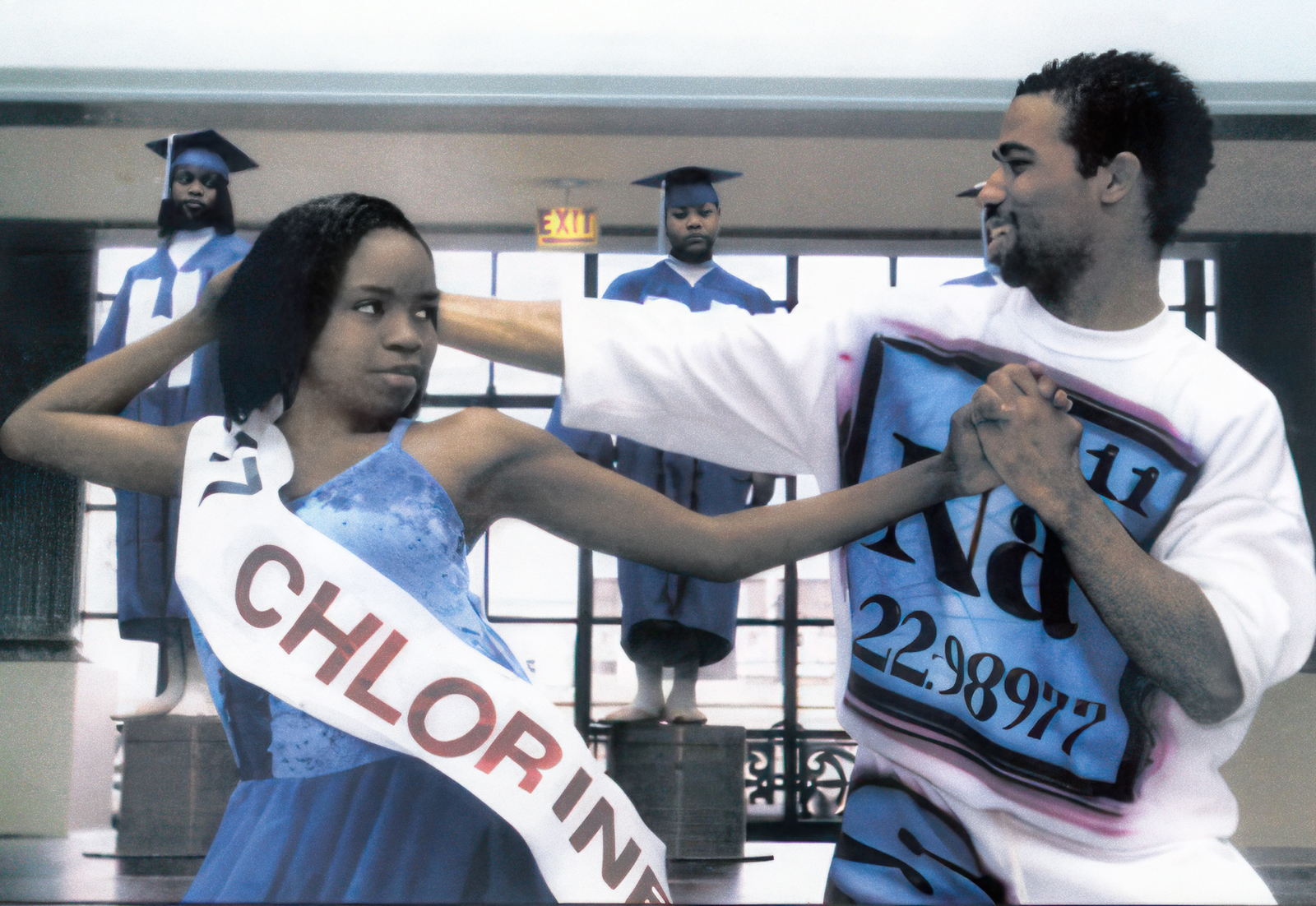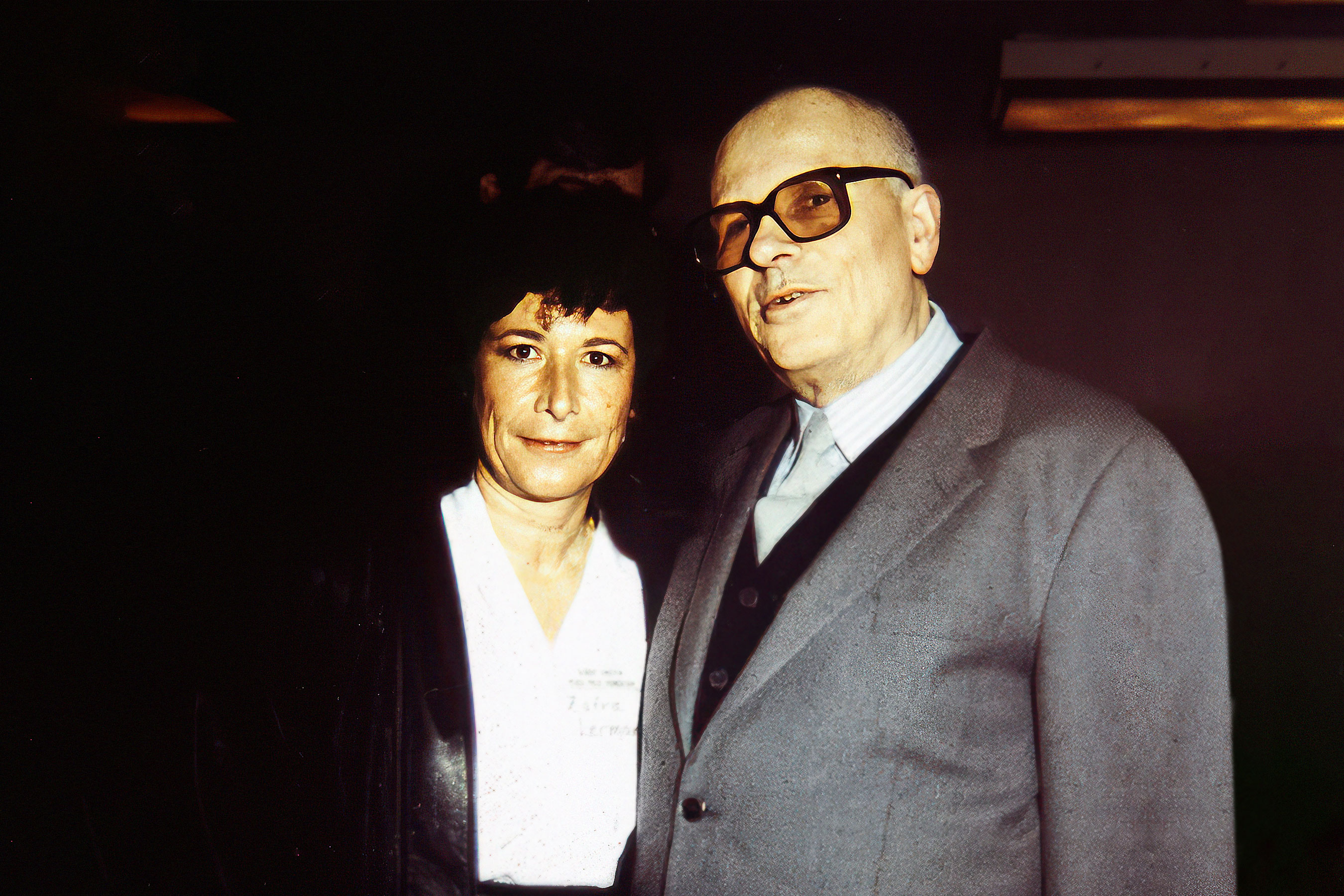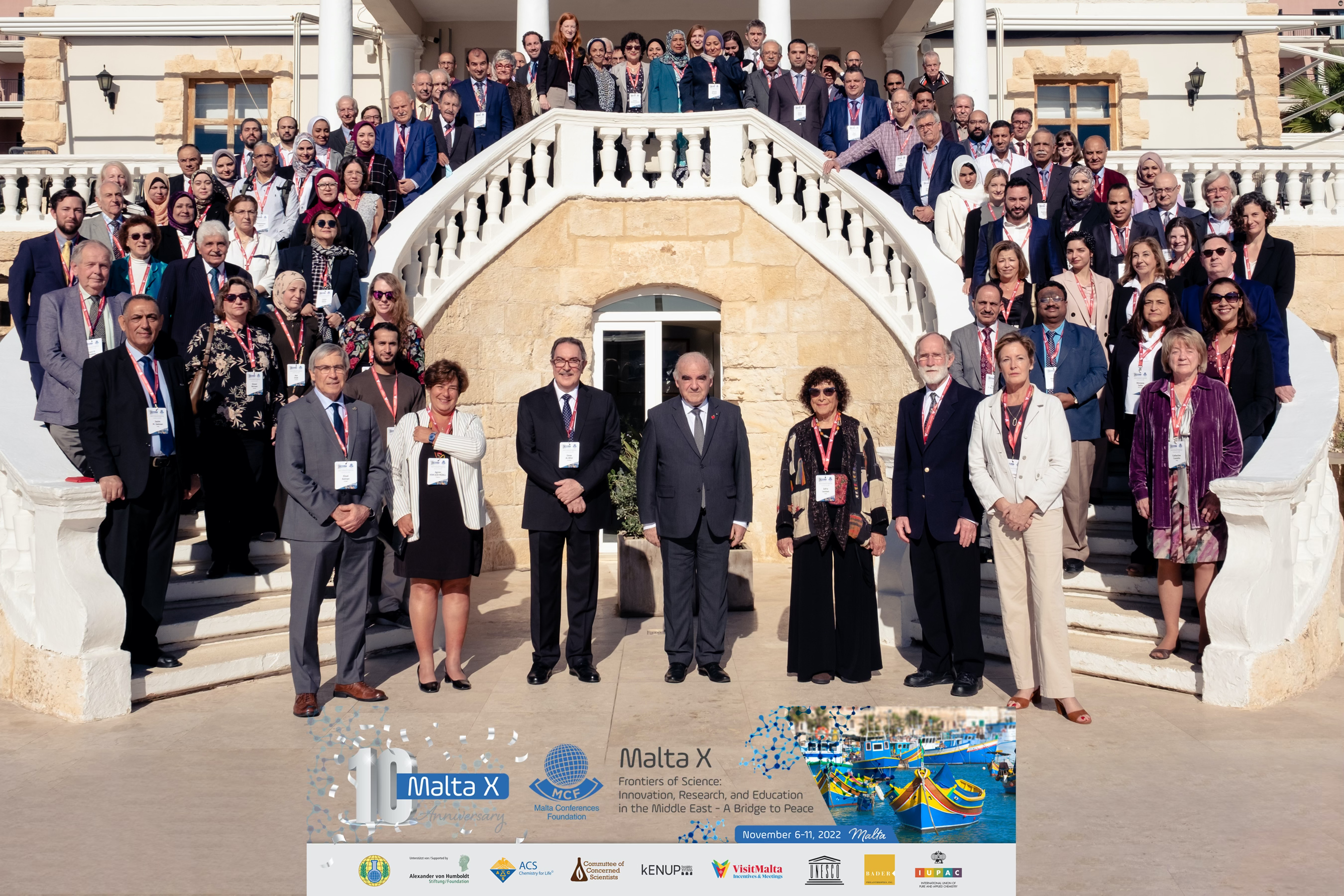
Zafra Lerman is a scientist, educator, and humanitarian recognized for her contributions to science education and science diplomacy.

Human Rights and Peace: a Personal Odyssey is Out Now!
Zafra Lerman's new book, Human Rights and Peace: A Personal Odyssey is available now! This book covers her extensive work in science education, diplomacy, and human rights.
Jenny Standford PublishingAmazonScience Education Through Art, Music, Dance, Drama, Rap and Computer Animation.
Zafra developed an innovative approach of teaching science at all levels using art, music, dance, drama, animation, and rap. These methods proved to be extremely successful with underprivileged students around the world and received international recognition. In 2000, she adopted the school district of the town of Soweto, South Africa (the birthplace of Mandela and Bishop Tutu). In Chicago's low-income neighborhoods, she worked with students, teachers and parents and had a tremendous impact on their attitudes towards science. Zafra worked with homeless students at night in a dance studio and taught them science through dance. Many of these students graduated from college and two continued for a PhD in biochemistry. She worked with prisoners who succeeded in receiving bachelor's and master's degrees. Over 16,000 Chicago public school students and more than 1,000 teachers participated in her programs.

Fighting for Human Rights Around the Globe.
From 1986 to 2011, she chaired the American Chemical Society's Subcommittee on Scientific Freedom and Human Rights. She worked on human rights cases in the former Soviet Union, Russia, China, Guatemala, Cuba, Peru, South Africa, Iran, and many more. After meeting Andrei Sakharov in 1989 and taking his advice, she took a crash course in Russian to facilitate her work with dissidents in the former Soviet Union. At great risk to her safety, she succeeded in preventing executions, releasing prisoners of conscience from jail, and bringing dissidents to freedom. From 1987 until now, she serves as a Vice Chair for Chemistry on the Board of the Committee of Concerned Scientists (CCS), where she continues to be very active in human rights cases.

Science Diplomacy as a Bridge to Peace in the Middle East
Since 2001, Zafra has been using Science Diplomacy as a Bridge to Peace in the Middle East and is the President of the Malta Conferences Foundation. The Malta Conferences are the only platform in the world which brings together scientists from 15 Middle East countries (Bahrain, Egypt, Iraq, Iran, Israel, Jordan, Kuwait, Lebanon, Oman, Palestine, Qatar, Saudi Arabia, Syria, Turkey, and the United Arab Emirates) with Nobel Laureates to work for five days on solving regional problems, establishing cross-border collaborations, and forging relationships that bridge chasms of distrust and intolerance.
